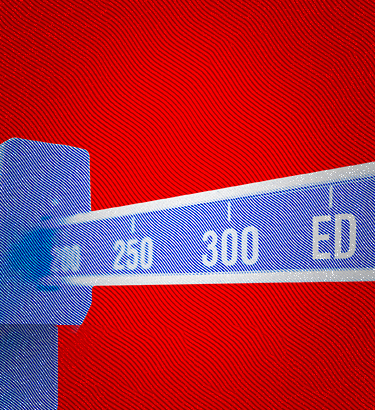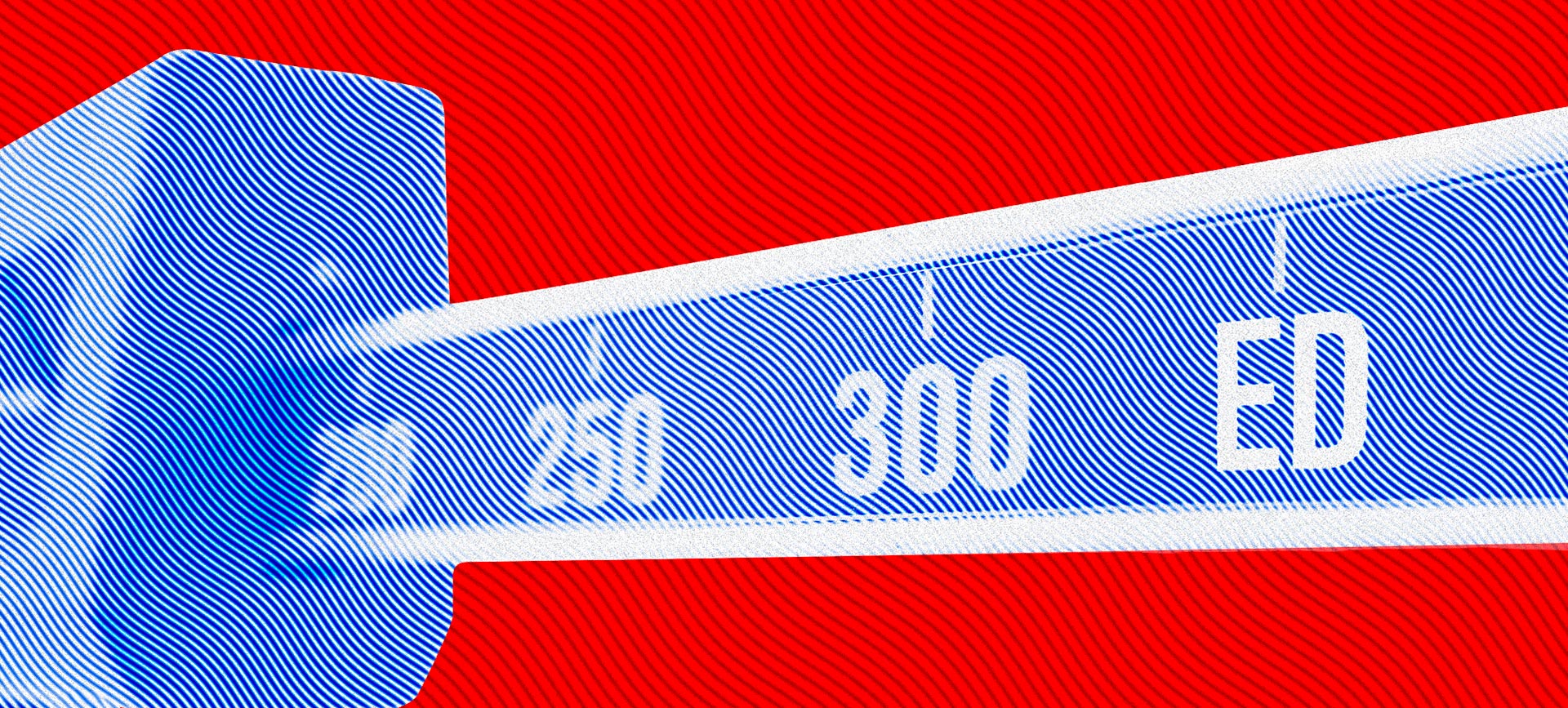Obesity is blamed for health ailments aplenty, almost affecting every bodily system and function, including sexual function. While we tend to accept that obesity is a major contributor to erectile dysfunction (ED), why is it?
Excessive weight is a direct and indirect contributor to ED, explained Justin Houman, M.D., a urologist and men's sexual and reproductive health specialist at Tower Urology in Los Angeles. He delved into some statistics related to body mass index (BMI), a measure of body fat based on weight and height:
- Of men who have erectile dysfunction, 79 percent have a BMI of 25 or greater—25 marks the start of the overweight range.
- If your BMI is between 25 and 30, you have a 1.5-times increased risk of ED.
- If your BMI is 30 or greater, which is considered obese, you have three times the risk of experiencing ED.
To understand the link between obesity and ED, you need to know what causes an erection.











